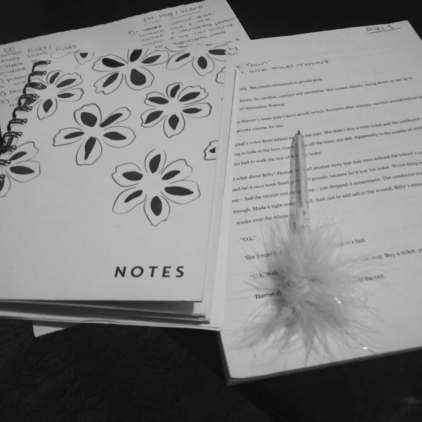It’s taken me a while to come up with my 2019 writing goals. What do I want to achieve this year? Should I fine tune and push further with my first novel? Begin a second? Or continue writing short stories for a while longer.

Photo by Pixabay on Pexels.com
One of my New Year resolutions was to write more. And I’m therefore going to keep my 2019 writing goal very simple: to do better than I did last year. To be my own competition.
Last year was a slow year in terms of number of words written. In 2017, I was actively writing my expat blog and I completed my first novel. I had a real sense of achievement by the end of the year and was excited to continue writing in 2018.
However, in 2018 ‘other life’ took over a little. We returned to the UK after living in Canada for two years. I started a new full-time job which took most of my energy and attention. It was difficult to motivate myself to continue looking at a computer screen in the evenings after work. Consequently, my writing time substantially decreased.
Despite this, I was delighted to have my first success. I attended Swanwick Summer Writing School, began interacting with agents (which unfortunately didn’t work out but was still a major compliment to have an agent interested in my novel), and had my first short story published.
In 2019 I want to do even better. Whether that means get two short stories published, write a lot of content or come up with an excellent plot outline, I’m still not sure. But I would like to be able to draw a gradually inclining line on a graph that maps out my writing achievements.
So far this year I’ve almost finished a 5000-word short story (just some final edits to go) and then I will be searching for its home.
It’s easy to compare ourselves to others. This is especially true in this age of social media and can sometimes result in feelings of ‘not being good enough’. Using ourselves as our own competition is a much healthier way to measure our growth.
What are you hoping to achieve in 2019? Do you set yourself writing goals or do you prefer to go with the flow?



